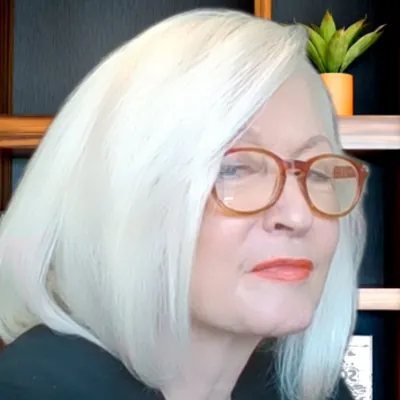


Across a long career, Elizabeth Shown Mills, CG, CGL, FASG, FUGA, FNGS, has been an innovator of research methods and strategies. Published widely by academic and popular presses, she edited a national-level scholarly journal for 16 years, taught for 13 years at a National Archives-based institute on archival records and, for 25 years, headed a university-based program for advanced researchers. A past president of both the American Society of Genealogists and the Board for Certification of Genealogists, Elizabeth is the author, editor, and translator of 14 books and over 600 articles in the fields of genealogy, history, literature, and sociology. She has delivered over 1,000 lectures internationally, has appeared on radio and TV talk shows on three continents, and was featured in BBC’s 20th and 30th anniversary specials on the novel Roots.






























You should receive a confirmation email with a link to the webinar soon.
You’ll also receive a reminder both the day before and one hour before the webinar begins.
Didn’t receive a confirmation email?
You successfully registered for %s.
You should receive a confirmation email with a link to the webinar soon.
You’ll also receive a reminder both the day before and one hour before the webinar begins.
Didn’t receive a confirmation email?
To ensure a smooth, high-quality webinar experience, check the quality of your internet connection and make sure you have an updated version of Java.
On the day of the webinar, connect 30–40 minutes before and turn off any background software. If you can’t tune in live, you can view the recording later in the Webinar Library.
Questions? Contact us or read our FAQ.
It looks like you’re already registered for this webinar
You can register for another webinar.
Didn’t receive a confirmation email?
It looks like you’re already registered for these webinars
You can register for another webinar.
Didn’t receive a confirmation email?
Something happened on our end, sorry about that
We were unable to complete your registration.
Please try again later.